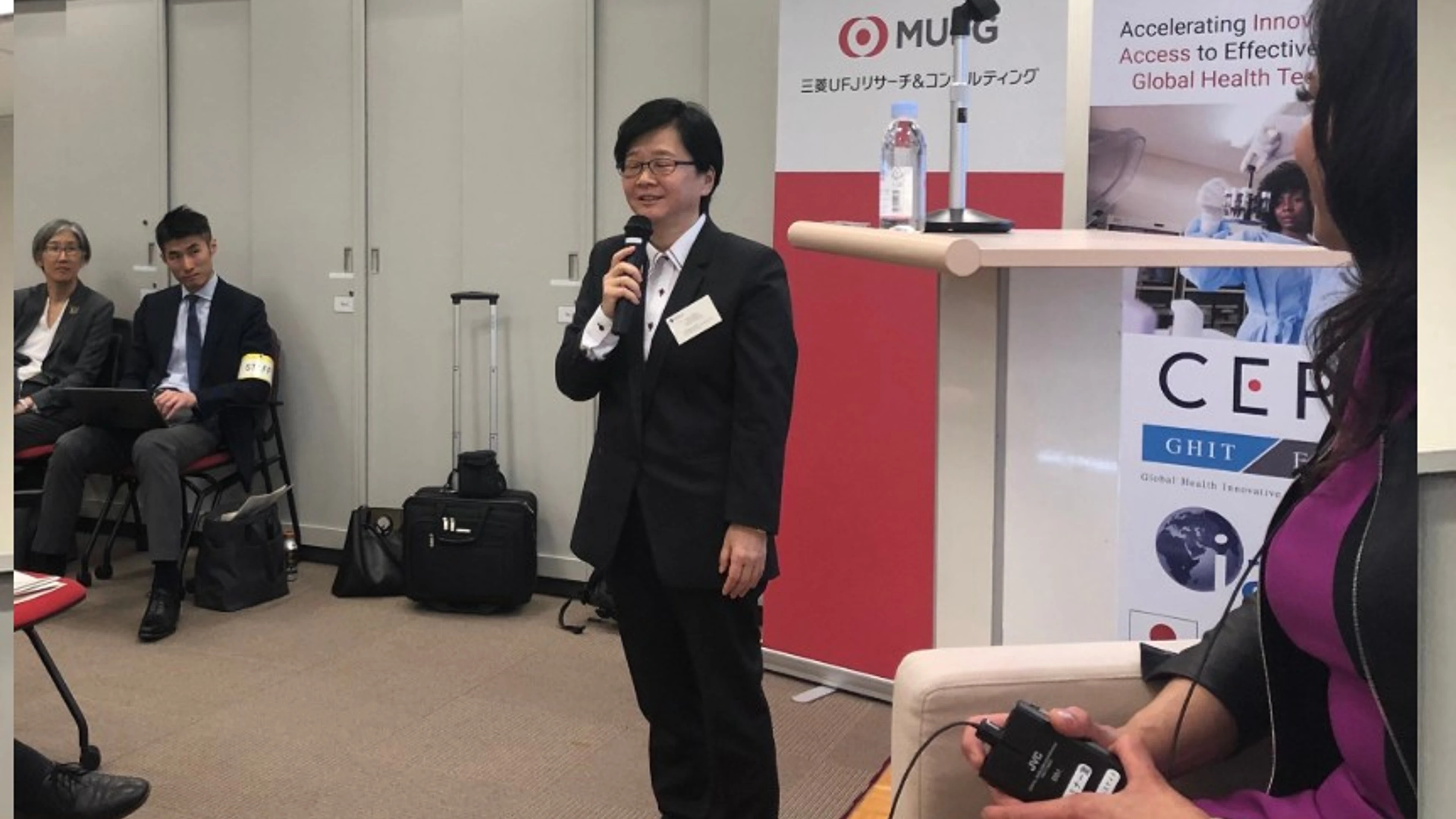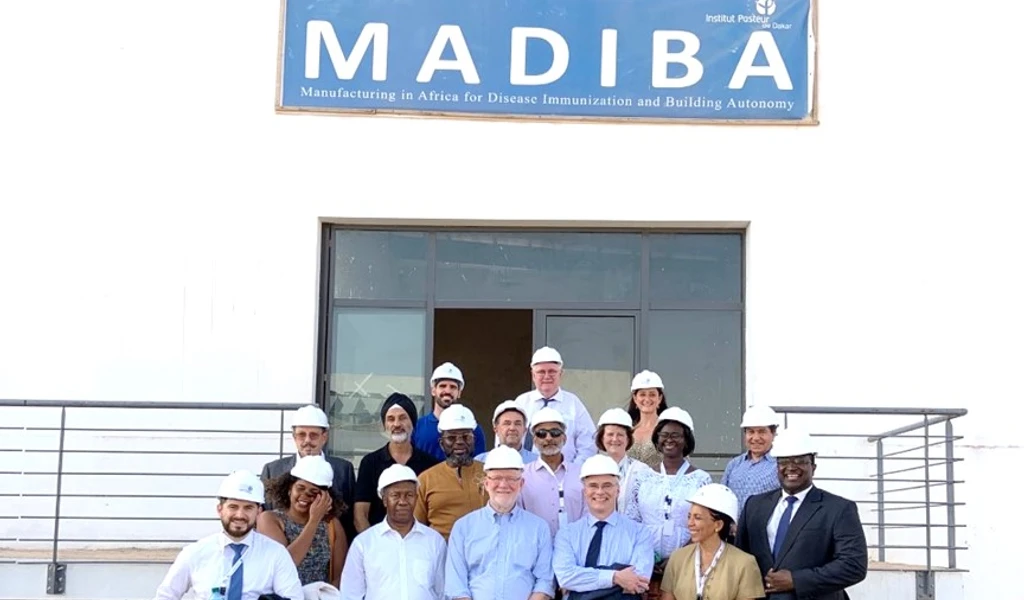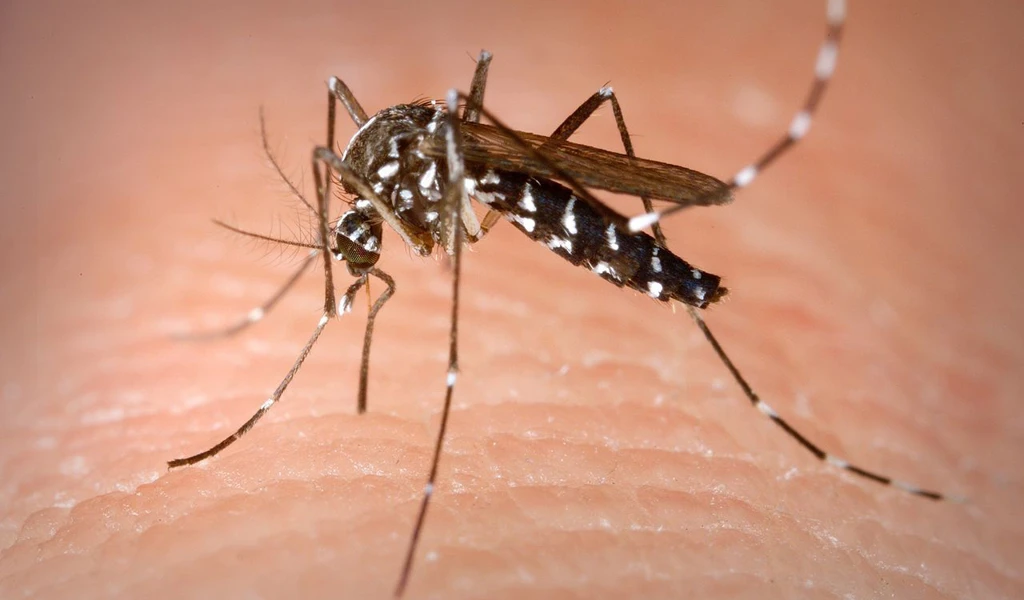CEPI awards contract worth up to US$ 31 million to The University of Tokyo to develop vaccine against Nipah virus

Oslo, 25 February 2019—the Coalition for Epidemic Preparedness Innovations (CEPI) and The University of Tokyo (UTokyo) have announced a partnering agreement worth up to US$ 31 million to advance the development and manufacture of a vaccine against the Nipah virus—a bat-borne virus that can spread to both humans and livestock.
To produce a vaccine against Nipah virus, researchers at UTokyo have inserted Nipah virus genes into an attenuated measles viral vaccine. During the replication of the measles vector, the antigens of the Nipah virus are expressed, inducing a strong and long-term immune response against the virus.
This kind of recombinant vaccine—specifically using measles vaccine as a vector—can induce powerful humoral immune responses (ie, antibody-mediated immunity) and cellular immune responses (ie, T-cell mediated immunity), which could lead to effective protection against Nipah virus. This vector approach is also being used by UTokyo to evaluate an experimental vaccine against highly pathogenic avian influenza. The European Vaccine Initiative has also supported this vector approach to develop vaccine candidates against Zika and Dengue viruses with funding from the European Commission Horizon2020 programme and the Global Health Innovative Technology Fund, respectively.
"There is an urgent need for accelerated research and development for the Nipah virus. Not only is the case fatality rate for this disease high–ranging between 40% and 100%–there is a serious risk that this disease could become a threat to global health security. In response to the threat posed by the Nipah virus, CEPI has now made investments in three Nipah-vaccine candidates, including our most recent collaboration with the University of Tokyo, worth up to a total of $75 million”.
In view of its high virulence, animal-to-human and human-to-human spread, significant morbidity and mortality, and potential to cause significant societal and economic disruption, Nipah virus has been listed as a priority pathogen by the WHO and a category C Bioterrorism agent by the CDC. Nipah virus is a paramyxovirus (genus Henipavirus). Transmission of Nipah virus to humans can occur after direct contact with infected bats, infected pigs, or from other infected people. The virus was first identified in 1999 during an outbreak of illness affecting pig farmers and others having close contact with pigs in Malaysia and Singapore. Over 100 human deaths were reported, and over a million pigs were killed in the effort to stop the outbreak.
"We are delighted to work with CEPI on the Nipah vaccine project. We have been working with measles and related viruses for nearly 30 years, and with Nipah virus for 15 years. The measles-vectored Nipah vaccine in this project is one of the most effective among several Nipah vaccine candidates that we have created with different measles vectors. We believe that our Nipah vaccine is the most promising one for saving human lives from deadly Nipah virus infection. We are fortunate to have constructed a strong international collaboration team including the European Vaccine Initiative, Stanford University, Batavia Biosciences, and icddr,b. This collaboration will enable us to carry out preclinical and clinical studies. We look forward to working together with our partners and CEPI to combat the threat posed by the Nipah virus”.
In May 2018, India experienced an outbreak in the southern state of Kerala. A total of 19 cases of Nipah virus were reported, including 17 deaths (case fatality rate: 90%). During this outbreak, more than 2500 contacts of Nipah patients were monitored by the state surveillance system. By mid-June, the Kerala government and the Union Health Ministry announced that the outbreak had been contained. No approved vaccines against or treatments for Nipah virus are currently available.
"Japan decided its commitment to CEPI in recognition of its key role in facilitating research and development of new vaccines against infectious diseases with a pandemic potential. Today we are delighted to see Japanese researchers join CEPI's global effort to protect the world from threats to global health”.
About the Nipah vaccine
UTokyo has developed a Nipah vaccine candidate using a measles vector. This vaccine candidate was constructed by inserting the Nipah-virus G gene (Malaysia strain) into a measles vector (Edmonston B strain). The Institute of Medical Science, UTokyo, will co-lead this CEPI-funded project with the European Vaccine Initiative. Phase 1 and phase 2 trials will be undertaken in partnership with the Stanford University School of Medicine and the International Centre for Diarrhoeal Disease Research, Bangladesh. Batavia Biosciences will manage vaccine manufacturing and stockpiling.
About the Nipah virus
Nipah virus belongs to the Paramyxoviridae family of viruses, genus Henipavirus, alongside Hendra virus. Nipah is a zoonotic disease, meaning it passes from animals to humans. The natural hosts of the virus are fruit bats (also known as flying foxes) of the genus Pteropus. Nipah virus can be spread to people from infected bats, infected pigs, or infected people.
Nipah virus infection can cause severe, rapidly progressive illness that affects the respiratory system and the central nervous system, including inflammation of the brain (encephalitis). Symptoms begin between five and 14 days after infection, and include fever, altered mental state, cough and respiratory problems.
People are advised to avoid contact with ill pigs and bats in countries where Nipah virus is known to occur. They are also advised to avoid drinking raw date palm sap, which can be infected with bodily fluids from bats. There are currently no vaccines or specific therapeutics against Nipah virus approved for use in humans.
About CEPI
CEPI is an innovative partnership between public, private, philanthropic, and civil organisations launched in Davos in 2017 to develop vaccines to stop future epidemics. CEPI has received multi-year funding from Norway, Germany, Japan, Canada, Australia, and the Bill & Melinda Gates Foundation, and Wellcome. CEPI has also received single-year investments from the government of Belgium and the United Kingdom. The European Commission forsees substantial financial contributions to support relevant projects through EC mechanisms. CEPI has reached over US$ 750 million of its $1 billion funding target. Since its launch in January 2017, CEPI has announced three calls for proposals. The first call was for candidate vaccines against Lassa virus, Middle East Respiratory Syndrome coronavirus (MERS-CoV), and Nipah virus. The second call was for the development of platforms that can be used for rapid vaccine development against unknown pathogens. The third call is for candidate vaccines against Rift Valley fever and Chikungunya viruses. To date, CEPI has committed to investing over $310 million in 12 vaccine candidates (five against Lassa virus, four against MERS-CoV, three against Nipah virus) and two vaccine platforms to develop vaccines against Disease X.
Learn more at CEPI.net. Follow us at @CEPIvaccines.
About The University of Tokyo
The University of Tokyo was established in 1877 as the first national university in Japan. UTokyo is Japan's leading university and one of the world's top research universities. The vast research output of some 6,000 researchers is published in the world's top journals across the arts and sciences. Our vibrant student body of around 15,000 undergraduate and 15,000 graduate students includes over 2,000 international students.
Find out more at http://www.u-tokyo.ac.jp/en/ or follow us on Twitter at @UTokyo_News_en.
Media contacts
CEPI
Rachel Grant, Director of Communications and Advocacy, CEPI
+44(0)7891249190 | [email protected]
Mario Christodoulou, Communications and Advocacy Manager, CEPI
+44(0)7979300222 | [email protected]
The University of Tokyo
Chieko Kai, Leader of the Nipah vaccine project, UTokyo
+81(3)54495497 | [email protected]


